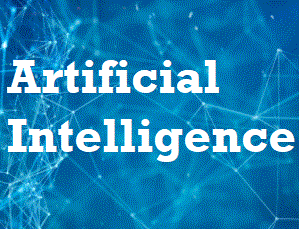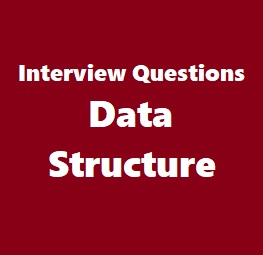1. What is Artificial Intelligence ?
Artificial intelligence is intelligence demonstrated by machines, unlike the natural intelligence displayed by humans and animals, which involves consciousness and emotionality. Artificial intelligence (AI) refers to the simulation of human intelligence in machines that are programmed to think like humans and mimic their actions. The term may also be applied to any machine that exhibits traits associated with a human mind such as learning and problem-solving.
2. What are intelligent agents in AI ?
An intelligent agent (IA) is an entity that makes a decision, that enables artificial intelligence to be put into action. It can also be described as a software entity that conducts operations in the place of users or programs after sensing the environment. It uses actuators to initiate action in that environment.This agent has some level of autonomy that allows it to perform specific, predictable, and repetitive tasks for users or applications.
3. Can you list some disadvantages related to linear models?
Linear Regression Is Limited to Linear Relationships
Linear Regression Only Looks at the Mean of the Dependent Variable
Linear Regression Is Sensitive to Outliers
Data Must Be Independent
4. What is batch normalization?
Batch normalization is a technique for training very deep neural networks that standardizes the inputs to a layer for each mini-batch. This has the effect of stabilizing the learning process and dramatically reducing the number of training epochs required to train deep networks. Batch normalization (also known as batch norm) is a method used to make artificial neural networks faster and more stable through normalization of the input layer by re-centering and re-scaling.
5. What’s the difference between strong AI and weak AI?
Strong AI has a complex algorithm that helps it act in different situations, while all the actions in weak AIs are pre-programmed by a human. Strong AI-powered machines have a mind of their own. They can process and make independent decisions, while weak AI-based machines can only simulate human behavior.
Siri and Alexa could be considered AI, but generally, they are weak AI programs. Even advanced chess programs are considered weak AI. This categorization seems to be rooted in the difference between supervised and unsupervised programming. Voice-activated assistance and chess programs often have a programmed response. They are sensing for things similar to what they know, and classifying them accordingly. This presents a human-like experience, but that is all it is – a simulation.












